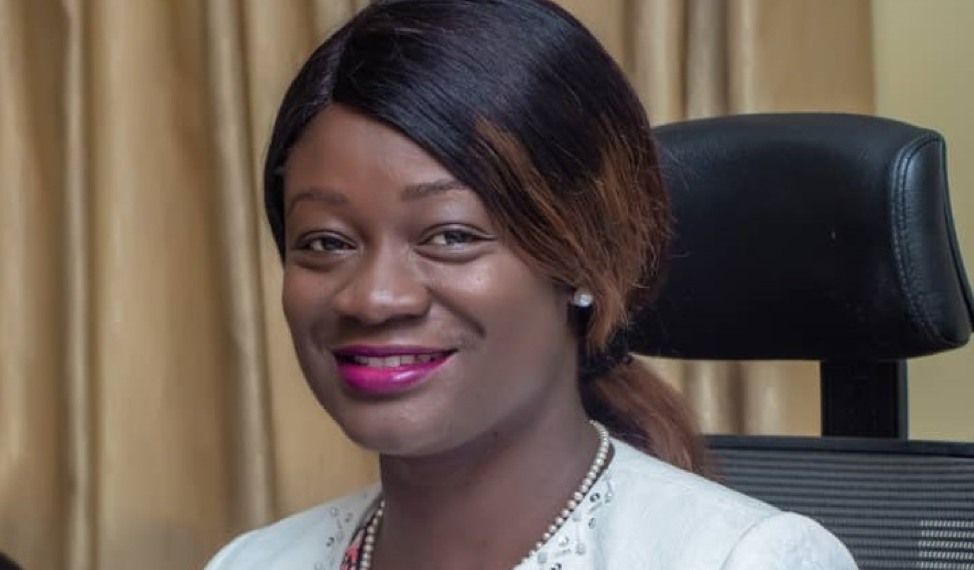The Chief Executive Officer of Vodafone Ghana has pointed out to businesses that they no longer have the choice of either using technological tools or not employing them in their operations.
According to Patricia Obo-Nai, the business landscape is not “going back” to the pre-COVID era. She made it clear that, businesses must be prepared to serve their markets efficiently or be kicked out.
“The use of technology today, is no longer a choice. It is between living and dying as a business.”
She made this comment during the VODAFONE BUSINESS RUNWAY – WEBINAR on 7th August, 2020, on the theme, After CAP, What Next: The Way forward for Ghanaian SMEs.
CAP refers to the COVID-19 Alleviation Programme initiated by government to support businesses which have been impacted negatively by the pandemic. Through the initiative, which was shepherded by the National Board for Small Scale Industries (NBBSI), the government of Ghana supported Micro, Small and Medium Scale Enterprises (MSMEs) with an amount of GH¢600 million and facilitating an additional ¢400 million from some participating banks to the businesses.
However, the CEO of the second largest telecommunications firm in the country indicated that MSMEs must think beyond this support scheme.
“You will get the money from the government but if you don’t know how ready you are to compete with the world, then you will not be able to deliver what the customers are asking today. Customer expectations have changed. They want things faster, they want it to be convenient. It is no longer about your brand it’s about how you deliver to their expectations.”
Also, speaking at the virtual forum, the Executive Director of NBSSI, Kosi Yankey-Ayeh, let out that, the Board is about to embark on a digitalisation agenda.
“The way we do things have changed drastically, for us as an institution, the National Board of Small Scale Industries, as well as our clients, which are the MSMEs. So, it is important for you to note that we are actually coming up with a digitalisation transformation agenda, which is not only looking at our institution but looking at how we serve the MSMES and how the MSMEs serve the rest of the world.”
Ms Yankey explicitly stated that, the idea that the NBSSI’s duty and the CAP initiative is only to facilitate funding for MSMEs is a misconception.
“It’s not just about funding. This CAP business support scheme is also providing technical support.”
According to Miss Yankey, the Board devised a criteria to measure the success and the impact of the CAP intervention.

Two of the measurements were how the intervention could help formalize the Ghanaian economy and also to improve and encourage the adoption of digital tools by businesses.
“One, how do you formalize an informal economy and how do you digitalize an economy that has not really seen and benefited from the scale of digitalisation the way they have.
“We’ve been able to achieve the formalization to some extent. There’s some more to do. For the first time in {Ghana Revenue Authority} GRA’s history, they had 800,000 people apply for a {Tax Identification Number} TIN number, willingly, without the push because now they realised that there was a benefit to doing that.
“On the digitalisation aspect, it is important to note that, we are working on a massive e-commerce platform, where we are even going to push the world of our MSMEs to the rest of the world, having access to trade shows, trade fairs, us {NBSSI} having our own internal digital platforms as well, helping the businesses going online and we have even a few partners who are coming on board; from the German government, from government of Ghana really initiating and backing us and supporting us.
“The proposals are well ahead and advance because clearly we know we are going to get it. And we are going to make it happen for the MSMEs.”
With the NBSSI about to kick-start its digitalisation agenda, its training and capacity development programmes are also going to be digitalized, Miss Yankey-Ayeh said.
















